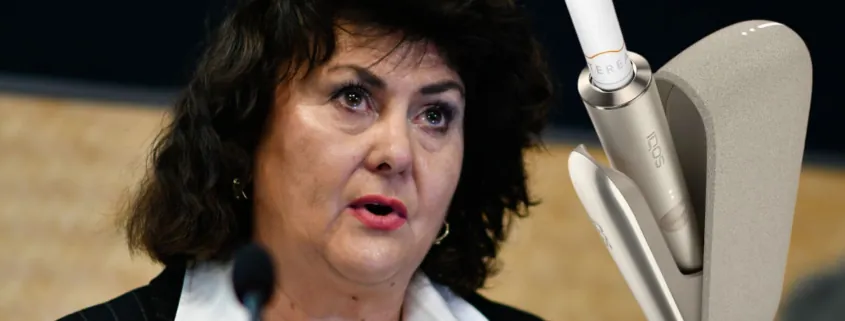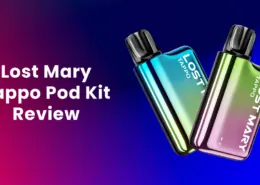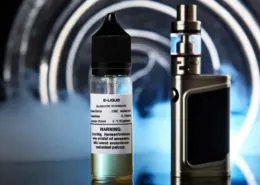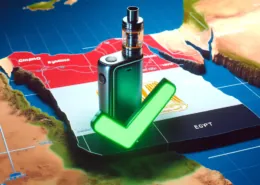Casey Costello’s Independent Advice on Heated Tobacco Scrutinized
Associate Health Minister Casey Costello’s “independent advice” on heated tobacco products (HTPs) consists of five articles that are either outdated, about different products, or offer only weak support for her view. The documents do not provide decisive evidence on the benefits of HTPs.
Outdated and Inconclusive Articles
The five documents include a 190-page report from the Royal College of Physicians in the UK published in 2016 that does not specifically mention HTPs, and articles from the International Journal of Environmental Research and Public Health (IJERPH) suggesting that while HTPs may help with smoking cessation, the benefits are reduced if they replace less-harmful vaping. The articles also warn that HTPs could encourage non-smokers to use tobacco or lead former smokers to relapse.
A more recent report from the Royal College of Physicians states that the tobacco industry’s claims about HTPs being less harmful than cigarettes are “not yet supported by independent evidence.” The 2022 article highlights that while substantial research has been devoted to nicotine vaping products, “much less is known about HTPs.”
Treasury’s Concerns Ignored
Costello gave preference to this independent advice over a long list of problems Treasury identified with the proposal to go ahead with a 50 percent excise tax cut for HTPs, at a cost of up to $216 million. A health analyst at Treasury referred to a review by the Health Ministry of the most up-to-date available research, which found “no compelling evidence of any benefit from the use of heated tobacco products.”
The analyst also noted that the World Health Organisation asserts that claims of HTPs as a smoking cessation aid should not be made and advised caution in highlighting positive outcomes from moving from smoked tobacco to HTPs. The review also noted some evidence of harm from HTPs, including risks of dependency and addiction, exposure to toxicants, cardiovascular impacts, chronic respiratory disease, and developmental impacts.
Philip Morris Set to Benefit from Tax Cuts
RNZ revealed that Treasury officials had told Costello that tobacco company Philip Morris would be the biggest winner from tax cuts for HTPs, which they said were toxic and more harmful than vaping. Philip Morris’ IQOS device is the only HTP available in New Zealand. Treasury warned that given Philip Morris’ monopoly in the market, it was not a given that the company would pass on the tax cut to consumers.
Lack of Evidence on HTPs as Smoking Cessation Tool
Both health and Treasury officials have stressed the lack of evidence that HTPs work as a smoking cessation tool. The documents said that because “HTP use is associated with dual cigarette/HTP use, and is not associated with smoking cessation,” there was a risk that smokers would continue to use both cigarettes and HTPs. Some studies suggest that former smokers who use HTPs are more likely to relapse, while other studies suggest HTP users are less likely to transition away from smoking conventional cigarettes than those exclusively smoking cigarettes.
HTPs Caught by New Vape Regulations
Despite differing from vapes, the IQOS has been caught by Labour’s regulations forcing devices to have removable batteries and child safety mechanisms, which kicked in on October 1. Documents show Costello tried to have the regulations delayed for two years, but the Cabinet only agreed to a six-month delay from the original date of March 21.
In her argument for a delay, Costello made reference to difficulties international players in the nicotine industry may face with the regulations. RNZ asked Costello’s office if the passage referred to the Philip Morris IQOS device, but she did not directly address that question, stating, “The policy is blind as to whether particular suppliers or retailers are impacted in any way.”
- Bestselling Vapes in UK After Disposable Ban: What to Stock 2025 - August 8, 2025
- Argentina Debates Stricter Vape Laws Amid Prohibition Failures - August 8, 2025
- Nigeria Advocacy Group Urged to Hike Tobacco & Vape Tax by 100% - August 8, 2025









